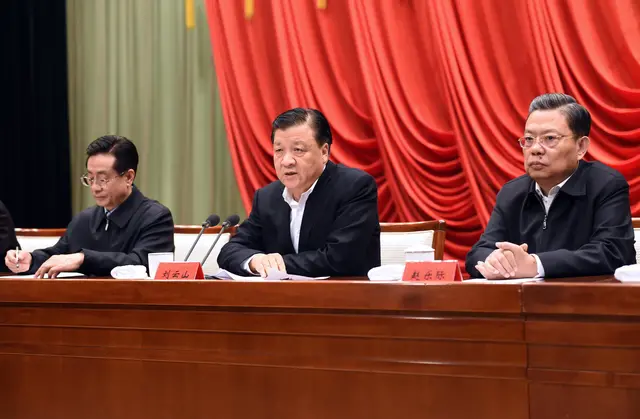Pakistan is all set to open its first school for the transgender community, which is yet another move in the Islamic country to acknowledge the third gender.
The school, named "The Gender Guardian" will open its doors for students from April 16, 2018, in the eastern city of Lahore.
A launching ceremony is scheduled for April 15, and the school will open its door the very next day, Asif Shahzad, the school's founder, told CGTN Digital on Monday.
He said that initially, the school is focusing on non-formal education because it is not an easy task to bring transgender children to schools for early education as that is a time when most people hide their identity due to a lot of stigmas in our society.
Transgender adults are independent and open for short courses of three to four months, he added, saying the management will help the students in finding jobs and will provide them with financial assistance so that could contribute to the country's economy.
Shahzad's NGO Exploring Future Foundation, which has 15 team members including three transgender people, who will run the school with the help of volunteer teachers.
Nine people, including two transgender people, are ready to teach at the school, the founder said.
New anchor Marvia Malik recently made her on air debut.
The institution also plans to offer 12 years of academic education from the primary level to higher secondary level.
The curriculum would also include graphic designing, computer, and mobile repairing as well as fashion designing, beautician and hair styling courses.
The management said they plan to establish two more branches in the capital city of Islamabad and the southern city of Karachi are being finalized.
Registration of the transgender community students for the opening batch has reached the 15 mark, while more than 60 people have expressed interest in joining the school, Shahzad said.
The challenges
The transgender community is seen as one of the most neglected communities in Pakistan. The country, however, is making headlines around the world for acknowledging the third gender and giving them prominent representation in the society.
Earlier in March, news of Pakistan's first transgender TV anchor hit international headlines.
A local television channel Kohenoor cast Maavia Malik as a news anchor. The move was hailed as a historic first for the South Asian nation.
The country's top court has also in recent years taken steps towards recognizing their basic rights.
The Supreme Court declared equal rights for transgender citizens in a 2012 ruling that also gave them the right to inherit property and assets, to vote and to be counted as a separate category in the country’s national census.
The court in 2009 had ruled that trans people could get national identity cards as a “third sex”.
The country's Allama Iqbal Open University (AIOU), which offers distance learning programs, announced in October 2017 that it provides free education for transgenders from matriculation to Ph.D. as well as vocational training across the country.
Bindia Rana (L), an independent transgender candidate for the elections, gestures during a pre-election analysis programme at the studio of a local television channel in Karachi April 23, 2013.
AIOU Vice-Chancellor Shahid Siddiqui said at the time that the university aims to provide transgender people with an opportunity to play a productive role in society through education and training.
"There are a lot of stigmas in our society due to which transgender people are shunned by society," he was quoted in the local media as saying.
"By offering them free education and training, we hope to make them a part of mainstream society," he added.
Shahzad said he thought to build a school for the transgender community after a December 2016 closure of a similar school in Indonesia.
"It was probably the first such school in an Islamic country, and I thought to follow suit in Pakistan," he said.
He said many organizations in Pakistan are working for the welfare of the transgender community but nothing much is being done for their education.
(CGTN)
 简体中文
简体中文

